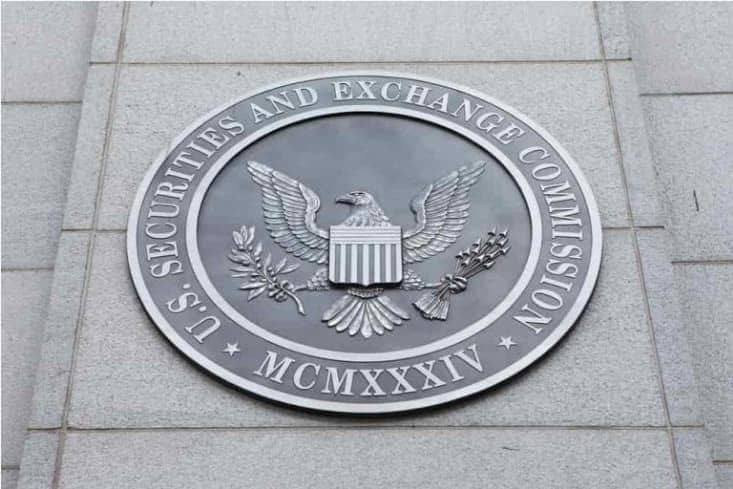As the widely publicized case in which the United States Securities and Exchange Commission (SEC) is accusing Ripple of illegally selling the XRP token is awaiting its conclusion, one particular law professor has said that the regulator is treating the blockchain company as a Ponzi schemer.
Indeed, in the SEC v. Ripple case, the securities watchdog has asserted that “one test for a security required to register with the SEC, contained in the 1946 Supreme Court case ‘SEC v Howey,’ applies to the XRP token that is used by Ripple,” according to an article written by law professor J.W. Verret from October 2022.
As the associate professor teaching corporate and securities law and financial accounting at George Mason Law School and practicing lawyer explained:
“The test used in SEC v. Howey is typically used by the SEC to sue hucksters, Ponzi schemers, and other con men who sell fake securities. The Howey test is a way to stop them, not a means to facilitate registration with the SEC.”
Problem with listing XRP
In Verret’s view, “asking Ripple to list the XRP token and file financial information about the XRP network, much like asking the same for a party working on another crypto network like Ethereum, doesn’t make sense from a securities law or accounting perspective.”
To drive his point home, Verret went on to argue that such a thing “would be the functional equivalent of telling Google they must list ‘the internet’ as an asset on its balance sheet because Google’s value is closely connected to the internet.”
Furthermore, his argument, which was also shared by the pro-XRP defense attorney and the founder of the crypto-related legal and regulatory news portal Crypto Law John E. Deaton on February 3, states that:
“Securities laws and generally accepted accounting principles wouldn’t allow Google to make such a misleading balance sheet counting the internet as a Google-owned asset, and they similarly won’t allow an entity to register XRP or ETH either.”
Instead of fighting crypto companies, Verret asserts, the SEC should instead focus on ending its regulation by enforcement and engaging with crypto reform proposals to update its approach to the regulation of the cryptocurrency industry, similar to how it updated its rules to evolve with the rise of internet communications.
Awaiting judgment
After both sides filed their summary briefings, Deaton referred to the SEC’s argument as “schizophrenic” regarding what constitutes the common enterprise in the Ripple case and argued that there is a possibility that the presiding judge could deny summary judgment.
Meanwhile, the outcome of the legal battle between the SEC and Ripple is projected to impact the broader crypto market, along with the XRP token price performance, as illustrated recently by the lawyer and crypto sector commentator Bill Morgan.











 All while Pfizer—a company with a $2.3 billion criminal fine for fraudulent marketing, bribery, and kickbacks—was given blanket immunity from liability and billions in taxpayer dollars to produce a vaccine in record time with no long-term safety data.
All while Pfizer—a company with a $2.3 billion criminal fine for fraudulent marketing, bribery, and kickbacks—was given blanket immunity from liability and billions in taxpayer dollars to produce a vaccine in record time with no long-term safety data.
























